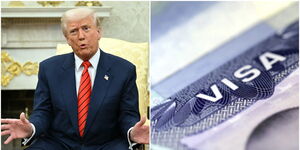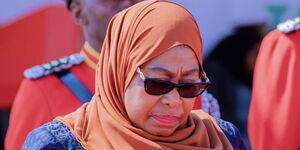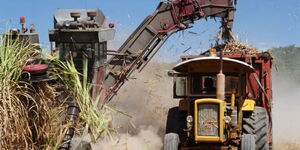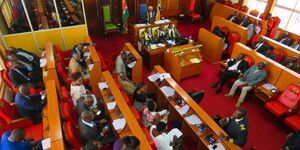The Ministry of Treasury has been pressured to increase tax on cigarettes by 15 percent to raise more revenue for the government.
A report by People Daily on Monday, February 1, indicated that International Institute for Legislative Affairs (IILA) group had also asked the government to make the tobacco tax uniform.
The Nairobi based organisation argued that the move would bar individuals from opting for cheaper brands and in the process help minimise abuse.
“Increase by 15 per cent excise duty on the current higher tiered products and make this rate the uniform specific rate applicable to all cigarettes,” stated IILA’s head of Policy Development & Legislative Engagement Philip Musamia.
The organisation further noted that the excise duty Act of 2015 created a flat taxation rate for all brands.
IILA further noted that the increase in taxation would lead to an increase in the amount of solatium compensation fund tobacco firms are obligated to pay according to the Kenyan constitution.
According to a 2019 Act, a rate of Ksh 3,157 per mille for cigarettes with filters (hinge lid and soft cap) was imposed. Companies producing cigarettes without filters (plain cigarettes), on the other hand, are expected to pay Ksh 2,272 per mille.
The new increase adds on to a cluster of new taxes that were introduced by the Kenya Revenue Authority (KRA) that took effect beginning January 2021.
On Monday, January 25, Treasury CS Ukur Yattani released the 2021 Budget Policy Statement (BPS) for public participation. The document disclosed that the 2021/22 budget was estimated to be Ksh 216 billion more than the Ksh 2.81 trillion 2020/21 budget.
So far, the taxman has gone after social media influencers in the newly imposed Digital Service Tax (DST).
In the DST tax bracket, all digital service providers both resident and non-resident, providing services within the country to remit their taxes to KRA before the end of every month.
DST will be charged on services resulting in revenue generation whereas Value Added Tax (VAT) will be charged on the goods sold.












